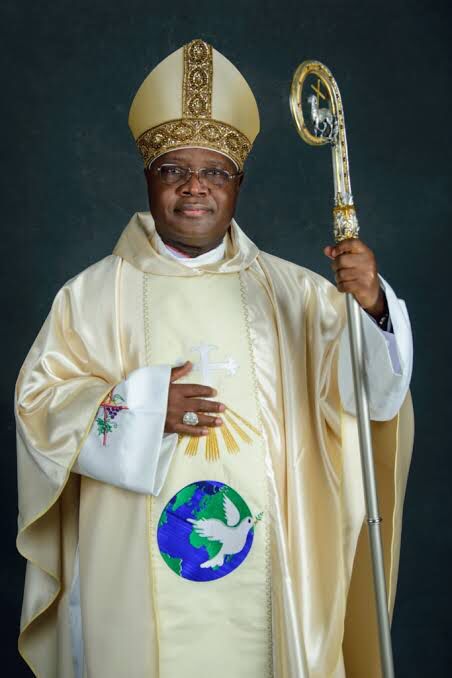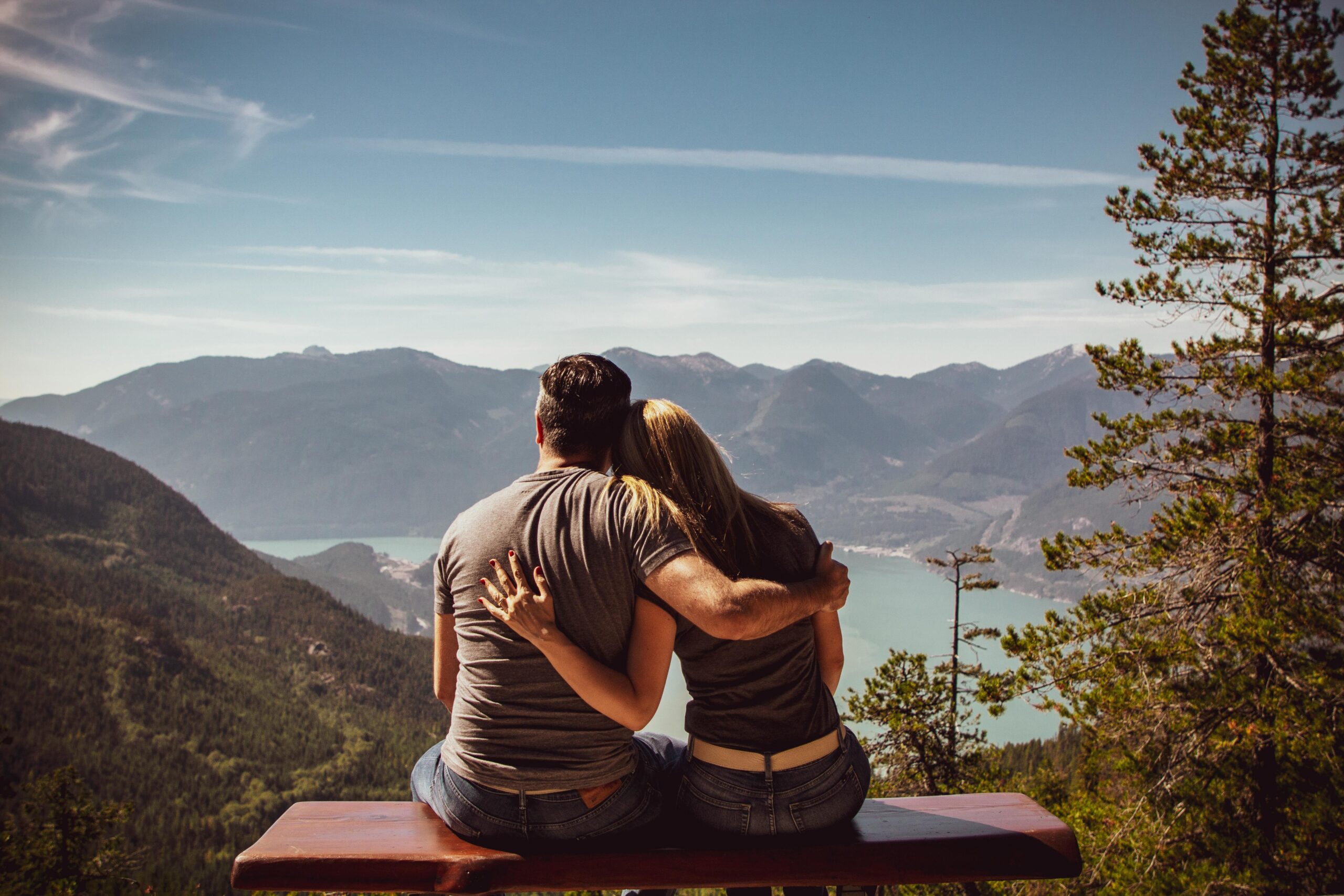Since the war in Ukraine began, the Russian president has visited Beijing twice
Vladimir Putin landed at 4:30 in the morning in Beijingshortly before the early dawn of the capital of China. He was greeted on the tarmac by the honor guard and a group of senior Chinese officials. Climbing into the Aurus Senat, his armored limousine, he crossed a highway on his way to the center of the city that was bathed on the sides by Chinese and Russian flags.
By choosing China for his first state trip abroad since taking office, Putin aims to send a clear message to the rest of the world: he continues to strengthen the partnership with his friend. Xi Jinping to challenge the US-led global order while Moscow manages to strengthen its economic resilience and advance its war in ukraine.
While Putin boasts of friendships and the consolidation of the “limitless” partnership that he signed with Xi shortly before launching the invasion, the Chinese president continues to juggle to financially support his Russian partner while seeking to maintain optimal relations with the European powers and reduce tensions with Washington. Xi does not hide his growing geostrategic alignment with the Kremlin, but he does so without breaking with the West.
Putin (71 years old) and Xi (70) already They have met face to face up to 43 times since the Chinese leader took power in 2013. Since the invasion of Ukraine began, Putin has visited Beijing twice, the last just seven months ago to participate in a summit of the new Silk Road, the mega infrastructure project of the Chinese president. Xi, for his part, traveled to Moscow in March last year.
The two leaders met Thursday morning at the Great Hall of the People on Tiananmen Square. At the door of the chamber, the host received Putin with a welcome ceremony where the Russian flag was raised and a band played the national anthems of both countries. The Chinese leader was accompanied by his entire cabinet. On the Russian side, it was surprising that among the delegation that accompanied him was Sergei Shoigu, who has just been replaced as Minister of Defense of Russia – he is now secretary of the Security Council – but who is still a useful piece on this trip because he maintains very good relations with senior Chinese military commanders.
Also appearing on the red carpet next to Putin were the newly appointed Minister of Defense, Andrei Belousov, the Minister of Foreign Affairs, Sergei Lavrov, and the foreign policy advisor, Yuri Ushakov. The Russian leader also arrived supported by a large commercial delegation that included the Minister of Finance, Anton Siluanov, the governor of the Central Bank, Elvira Nabiullina, and several directors of important state companies.
After the closed-door discussions, Xi and Putin held a press conference in front of Chinese and Russian journalists, although without answering questions. Putin said his partnership with China is an example of how relations should work. But among his praise for bilateral relations, he highlighted the section in which he assured that both countries were “deepening peaceful nuclear cooperation”, without adding more information. He also noted that there are “concrete plans to deepen energy cooperation,” adding that energy is one of Russia’s “priorities.”
For his part, the president of China pointed out that the current partnership between both countries has been based on a “confluence of interests” and that they will work to lay the foundations for a network of scientific cooperation and maintain the stability of industrial chains and global supply.
In his speeches, Xi did not mention the Russian invasion of Ukraine, while Putin revealed that both had talked about it during their meeting. “We are grateful to China for its efforts to resolve the Ukraine crisis,” the Russian said. His Chinese counterpart did make reference to Israel’s war in Gaza, saying that it is of “utmost urgency” to resolve the conflict and that the “only solution for lasting peace” involves the creation of two states.
Before the leaders went out to give the press conference, from Beijing they leaked some notes of the conversations they had had behind closed doors. “President Xi Jinping welcomed his old friend for a state visit. When President Putin was sworn in for his fifth term, President Xi heartily congratulated him and expressed his belief that, under his leadership, Russia will surely will achieve new and greater advances in national development,” reads Beijing’s first reading of the meeting.
“China-Russia relations have become increasingly stronger despite ups and downs, and have withstood changes in the international landscape. The constant development of relations is conducive to peace, stability and prosperity in the region and the world “In general, China is willing to work with Russia to remain a good neighbor and jointly pursue development and uphold justice in the world,” Xi said, according to the same writing.
The Chinese Government has at no time supported the invasion of Ukraine (which it refers to as a “crisis”), but the ties of the Beijing-Moscow axis, especially in the economic field, are being the Kremlin’s great asset to overcome. the shakeout of Western sanctions. The United States has also accused Beijing of selling the Putin regime the dual-use technologies necessary to fuel the Kremlin’s “war machine”, something that the Chinese authorities deny.
Economic cooperation
Putin, in addition to the photo with Xi to once again demonstrate to the West that he is not as isolated as they claim, seeks to further strengthen economic cooperation on his trip to China. China and Russia are rowing in the same autocratic direction, but the Kremlin is the junior partner in an unequal relationship. Moscow depends much more on Beijing than the other way around.
After the invasion of Ukraine, trade between China and Russia skyrocketed to a record level of 240 billion dollars in 2023, according to data from Beijing’s customs services, driven in part by Chinese companies buying oil and coal at a discount. Russia primarily supplies China with raw materials and energy, while Moscow needs investments and high-tech products. However, after the US threat to Chinese financial institutions, China’s exports to Russia fell in March and April.
According to a report published by the Chongyang Institute of Financial Studies at Renmin University in Beijing, Chinese authorities, concerned about these sanctions, suspended around 80% of payment agreements with Russia in March, a move that shows that this association “without limits” that Putin boasts of is not really like that.
Beijing has tried to balance an increasingly solid alliance with the Kremlin, as its great international partner, while maintaining its policy of unconditional defense of Ukraine’s sovereignty. Chinese diplomats always quietly acknowledge that they have never been comfortable with Putin’s attack, but they also cannot let go of their neighbor’s hand.
In an interview published on Wednesday with the Chinese state agency Xinhua, Putin praised the “peace plan” presented by Beijing in February last year, on the first anniversary of the Russian invasion of Ukraine. The document called for respect for the sovereignty of all countries and a call for a ceasefire, while criticizing sanctions on Russia and considering Putin’s security concerns about NATO’s expansion into Eastern Europe legitimate. .
The Western allies reproached the Chinese regime for, although the plan requested a ceasefire, none of its points called for the withdrawal of Russian troops from Ukrainian territory. “Putin is applauding it (the peace plan presented by Beijing), so how could it be good?” said the American Joe Biden. “China does not have much credibility because it has not condemned the illegal invasion of Ukraine,” the NATO Secretary General also noted. Jens Stoltenberg.
Putin’s visit to Beijing comes a week after Xi’s first European tour in five years, where the Chinese leader witnessed the divisions in Europe over the strategy to follow regarding China. Xi began that trip in Paris answering tough questions about his support for Russia in the war, and ended it with a shower of crowds and adulation in Belgrade and Budapest.
In the meeting with the French president, Emmanuel Macron, and the head of the European Union Commission, Ursula von der Leyenthe president of the Asian superpower promised that his country would not sell weapons to Russia and would control the flow of dual-use technologies to Putin’s army.


Your article helped me a lot, is there any more related content? Thanks!
Your point of view caught my eye and was very interesting. Thanks. I have a question for you.
I don’t think the title of your article matches the content lol. Just kidding, mainly because I had some doubts after reading the article.